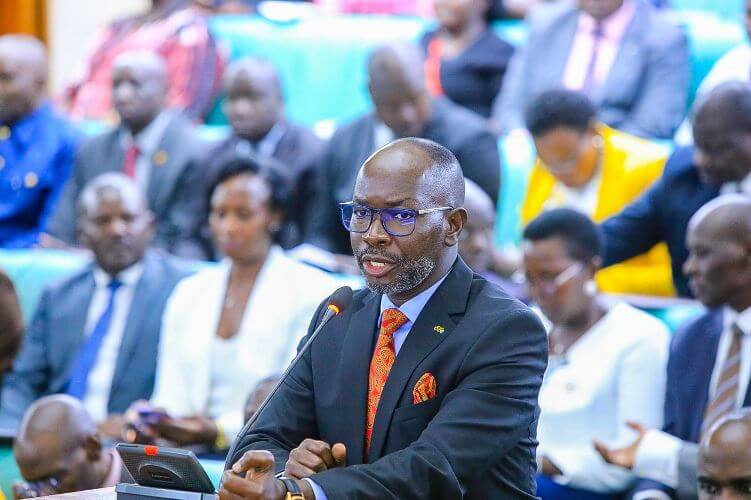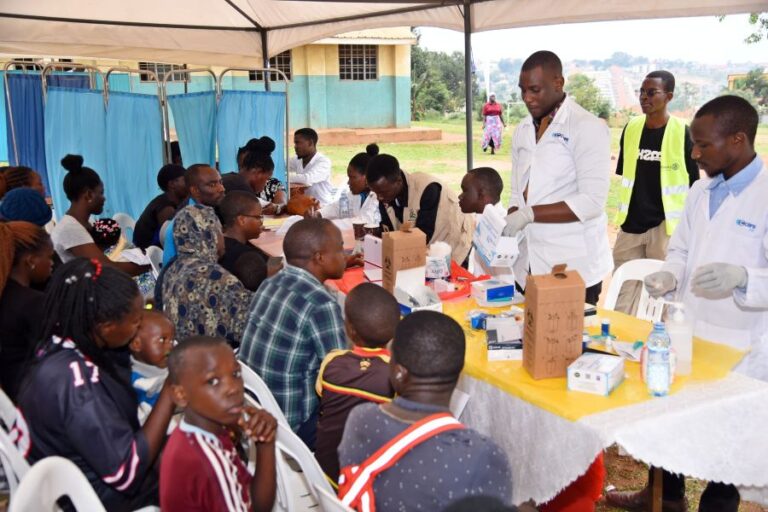Uganda’s government has introduced a new proposed law — The Forensic Evidence Bill, 2024 — aimed at regulating and strengthening the use of forensic science and DNA technology in the investigation and prosecution of crime.
The Bill was tabled before Parliament by Government Chief Whip, Hon. Denis Hamson Obua. It seeks to modernize forensic services in Uganda by introducing clearer rules on how forensic evidence, especially DNA profiling, is collected, stored, and used in legal cases.
One of the key highlights of the Bill is the establishment of a National DNA Database, which will be managed by the Directorate of Government Analytical Laboratory (DGAL). This database will store human DNA profiles obtained through forensic analysis to support investigations and improve justice delivery.

The Bill covers important areas such as:
- DNA profiling procedures
- Collection of bodily samples for investigations
- Storage, retention, and disposal of DNA profiles and bodily samples
- Guidelines on how DNA evidence should be handled in court
To ensure privacy and transparency, the Bill proposes strict regulations on how long DNA profiles can be stored. For example, DNA profiles of suspects must be deleted within three years if no charges are filed, or if the suspect is acquitted or the case is dropped. DNA from volunteers will only be kept with their explicit consent.
The law also introduces heavy penalties for misuse of DNA data, including fines up to Shs30 million (1,500 currency points) or imprisonment for up to 15 years. Only authorized agencies will be allowed access to the DNA database for lawful purposes such as criminal investigations and court proceedings.
To improve service delivery, the Bill proposes setting up regional forensic laboratories so that more Ugandans can access forensic services without traveling long distances.
The Bill has been sent to the Parliamentary Committees on Defence and Internal Affairs for review and further consideration.
Technical and Vocational Education Reforms Also in Progress
In addition to the Forensic Evidence Bill, the Technical and Vocational Education and Training (TVET) Bill, 2024 was also tabled by Hon. John Chrysostom Muyingo, Minister of State for Higher Education.
The TVET Bill aims to reform Uganda’s technical education system by establishing a TVET Council, updating the curriculum, and creating a Skills Development Fund to help tackle youth unemployment.
The TVET Bill has been referred to the Committee on Education and Sports for further discussion.
Source: Parliament Of Uganda





